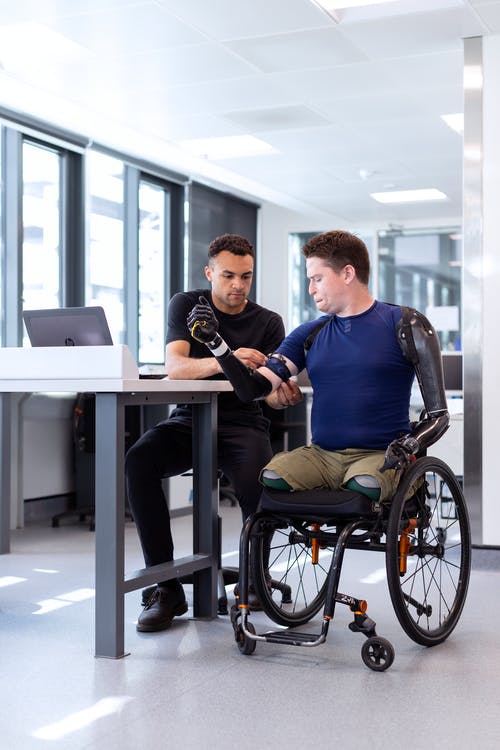
A Brief Guide to the Disability Care Act
The Disability Care Act covers all aspects of the medical. This broad term covers a wide range of issues, including access to equipment, access services, proper care and repair to medical environments, provision special equipment that allows persons with disabilities equal opportunities to enjoy recreation and gainful work. The act also covers mental health and supports the mentally challenged with vocational training and advice. This is to encourage self-sufficiency and overcome the modern challenges faced by disabled people.
The Disability Discrimination Act guarantees that disabled people have equal opportunities with all other people. The Disability Discrimination Act protects people who are discriminated against due to their mental and physical handicaps. As time has passed, the responsibilities associated with these Acts have increased and it was necessary to amend them. The following are the main concerns regarding the NDIS Richmond Discrimination Act:

o Personal care. Persons who are emotionally or mentally impaired may require the services of trained and experienced personal carers to help them lead normal lives. Some examples of such carers are home carers, personal care assistants, escorts, companions, carers live-in carers and specialized companions. The Disability Discrimination Act provides certain rights and benefits for persons with disabilities who provide services to them.
o The right of access. All disabled people have the right to live in supported independent living Melbourne. The Disability Discrimination Act empowers employers and organizations to give disabled people equal opportunities in the workplace. It also considers reasonable adjustments in the workplace that would allow disabled workers to work comfortably.
o The right for work. The Disability Discrimination Act gives people with mental or physical disabilities the right to work. Companies that offer facilities for people with disabilities have the opportunity to provide employment opportunities for individuals who are either mentally or physically impaired. The Employment Opportunities Act creates a set rules and regulations that describe the types of work that can be done by people with disabilities and the places that they can apply for employment. This enables disabled persons to improve their employment opportunities.
o The right of living in hometouch. The right to live at hometouch is a fundamental human rights. The Disability Discrimination Act entitles people who are having chronic disabilities to live in houses that are accessible, comfortable and safe. This allows them to live a normal life, even if they require assistance in certain activities. The hometouch regulations give rise to a set of regulations that enable persons who are confined to wheelchairs to live in homes that do not require assistance to use the toilet, shower or bath.
o Accessibility for persons with vision disabilities. The Disability Discrimination Act also prohibits discrimination against persons with disabilities. Companies and organizations that offer accommodation services must make reasonable accommodations for people with vision disabilities. This ensures that persons who have vision problems can enjoy equal opportunity in getting an accommodation. Companies providing accommodation services have to take into account the needs of persons with vision disabilities and give them suitable facilities.
o Self-sufficient people living in hometouched community. Persons living in integrated community with other handicapped persons have equal chance to enjoy equal opportunities. People living in HUD houses have certain rights under the Social Development Act. They can access water and electricity freely, as well as equal access for local public utilities. These rights ensure that people living in hometouched areas have greater self-sufficiency as well as a higher standard of living.

